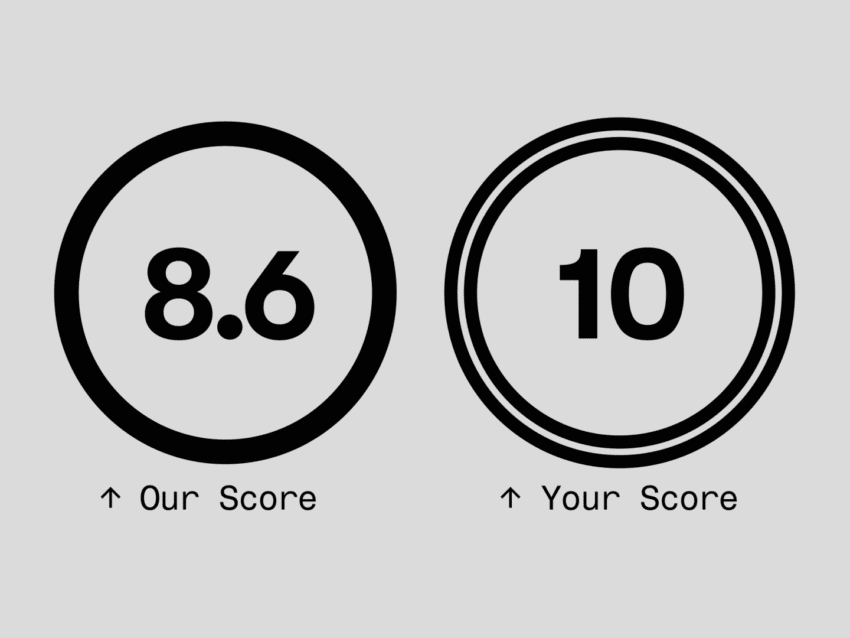
pitchfork is beta testing user reviews and Pitchfork is embarking on a significant transformation by beta testing user-generated reviews and comments as it approaches its 30th anniversary.
pitchfork is beta testing user reviews and
Background on Pitchfork’s Evolution
Founded in 1995, Pitchfork has long been a cornerstone of music journalism, particularly in the realm of indie and alternative music. Over the years, it has built a reputation for its in-depth reviews, interviews, and features that resonate with music enthusiasts. The site has been instrumental in shaping the careers of numerous artists, often serving as a launching pad for new talent. However, as the digital landscape has evolved, so too have the challenges facing traditional media outlets like Pitchfork.
In recent years, the music review landscape has been increasingly influenced by social media platforms, where influencers and casual listeners alike share their opinions on music. This shift has led to a decline in traditional review sites, as audiences gravitate towards more immediate and relatable content. As a result, Pitchfork has found itself at a crossroads, needing to adapt to maintain its relevance in an ever-changing environment.
The Shift Towards User-Generated Content
In response to these challenges, Pitchfork is now experimenting with user-generated content, a move that may seem counterintuitive given the broader trend of many platforms moving away from comments sections. The site is introducing features that allow users to comment directly on reviews and assign their own scores to albums. This initiative aims to foster a more interactive community and provide a platform for readers to express their opinions directly on the site.
What the New Features Entail
The beta test will enable users to engage with reviews in a more meaningful way. According to Pitchfork’s announcement, users will be able to:
- Comment on album reviews, sharing their thoughts and reactions.
- Assign their own scores to albums using Pitchfork’s established rating system.
- View an aggregated “reader score” that combines individual user scores alongside Pitchfork’s official score.
This new approach aims to create a more dynamic and engaging experience for users, allowing them to feel a sense of ownership over the content. The concept of a “reader score” alongside Pitchfork’s traditional rating could provide a more comprehensive view of an album’s reception, reflecting a broader spectrum of opinions.
Implications for Music Criticism
The introduction of user-generated content raises several questions about the future of music criticism. Traditionally, Pitchfork’s reviews have been written by professional critics who bring their expertise and unique perspectives to the table. However, allowing users to contribute their own scores and comments could dilute the authority of these reviews. Critics often have years of experience and a deep understanding of music theory, history, and context, which may not be present in user-generated content.
Moreover, the potential for “review bombing”—where a group of users collectively rates an album negatively in response to a perceived slight—could undermine the integrity of the reader score. For example, if a highly anticipated album receives a low score from a vocal group of fans, it could skew the overall perception of the album, regardless of its artistic merit. This phenomenon has been observed on platforms like Rotten Tomatoes, where audience scores can sometimes diverge significantly from critic scores.
Stakeholder Reactions
The decision to incorporate user reviews and comments has elicited a range of reactions from various stakeholders within the music community. Some see it as a necessary evolution, while others express concern about the potential consequences.
Support from Fans and Readers
Many fans are excited about the opportunity to engage more directly with the content on Pitchfork. For years, readers have felt a disconnect between the reviews and their own opinions. The ability to comment and score albums could foster a sense of community among users, allowing them to share their thoughts and engage in discussions about music. This could also lead to increased traffic on the site, as users may be more inclined to visit Pitchfork to see how their opinions align with others.
Concerns from Critics and Industry Professionals
On the flip side, some critics and industry professionals are wary of this shift. They argue that the introduction of user-generated content could lead to a decline in the quality of discourse surrounding music. Critics often spend significant time analyzing and contextualizing albums, and there is concern that casual listeners may not approach reviews with the same level of thoughtfulness. Additionally, the potential for review bombing could create a volatile environment where the reception of an album is dictated more by social dynamics than by artistic merit.
Comparisons to Other Platforms
Pitchfork’s move towards user-generated content draws comparisons to other platforms that have successfully integrated audience feedback, such as Rotten Tomatoes and IMDb. These platforms allow users to rate films and shows, creating a dual system of critic and audience scores. However, this model is not without its pitfalls. For instance, Rotten Tomatoes has faced criticism for the disparity between critic and audience scores, leading to debates about the validity of both ratings.
By adopting a similar approach, Pitchfork may find itself navigating similar challenges. The site will need to establish clear guidelines for user engagement to mitigate the risks associated with review bombing and ensure that discussions remain constructive and respectful.
The Future of Pitchfork
As Pitchfork approaches its 30th anniversary, the introduction of user-generated content represents a pivotal moment in its history. The site has long been a trusted source for music reviews, but the changing landscape of media consumption necessitates adaptation. By embracing user engagement, Pitchfork aims to create a more interactive platform that resonates with a new generation of music fans.
However, the success of this initiative will depend on how well Pitchfork manages the balance between professional criticism and user-generated content. The site must remain committed to its core values while also embracing the evolving nature of music discourse. This could involve implementing moderation systems to ensure that comments are respectful and constructive, as well as providing users with resources to help them articulate their thoughts more effectively.
Potential for Growth and Innovation
If executed thoughtfully, the introduction of user reviews and comments could lead to significant growth for Pitchfork. By fostering a sense of community and encouraging user engagement, the site could attract a broader audience and reinvigorate its brand. Additionally, this shift could open the door for innovative features, such as curated playlists based on user scores or community-driven articles that highlight lesser-known artists.
Ultimately, Pitchfork’s willingness to experiment with user-generated content reflects a broader trend within the media industry. As traditional outlets grapple with declining advertising revenue and shifting audience preferences, many are exploring new ways to engage with their readers. While the road ahead may be fraught with challenges, Pitchfork’s commitment to evolving alongside its audience could position it for continued success in the years to come.
As the beta testing phase unfolds, it will be crucial for Pitchfork to monitor user feedback and adapt its approach accordingly. The music industry is ever-changing, and Pitchfork’s ability to remain relevant will depend on its responsiveness to the needs and desires of its audience.
In conclusion, Pitchfork’s foray into user-generated content marks a significant shift in its approach to music criticism. By allowing readers to comment and rate albums, the site aims to foster a more interactive community while navigating the complexities of modern media consumption. As it approaches its 30th anniversary, Pitchfork stands at a crossroads, poised to redefine its role in the music landscape.
Source: Original report
Was this helpful?
Last Modified: October 23, 2025 at 12:37 am
0 views















